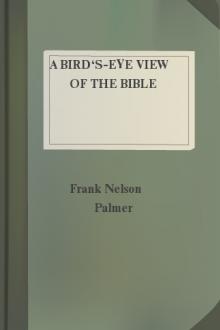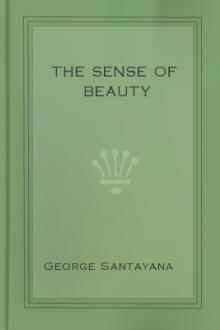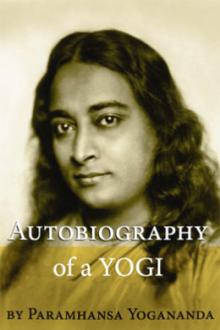A Bird's-Eye View of the Bible
Book Excerpt
OUTLINE FOR STUDY OF HISTORICAL BOOKS
1. Pictorial Device.
2. Kind of Literature.
3. Meaning of Name.
4. Author.
5. Beginning and Ending Dates.
6. Outline of Contents.
7. Key Verse.
8. Leading Thought.
9. Leading Phrases and Verses.
10. Leading Chapters with Names.
11. Leading Characters.
12. Leading Lessons.
13. What of Christ:
(a) Symbol.
(b) Type.
(c) Analogy.
(d) Prophecy.
14. Questions.
15. Items of Special Interest.
16. Individual Finds.
NOTES ON HISTORICAL OUTLINE AND ITS USE
Most of the books in the first four divisions will be studied with this outline as a basis. In the pursuance of these lessons the numbers left vacant in the outline are to be wrought out by the pupils. In recording the work in the blank book the first page is to be given to the pictorial device. One of these will be printed in its appropriate place. Let students prepare the others. Urge the pupils to use orig

 Free Download
Free Download





















-itok=vcKIB5v1.jpg)